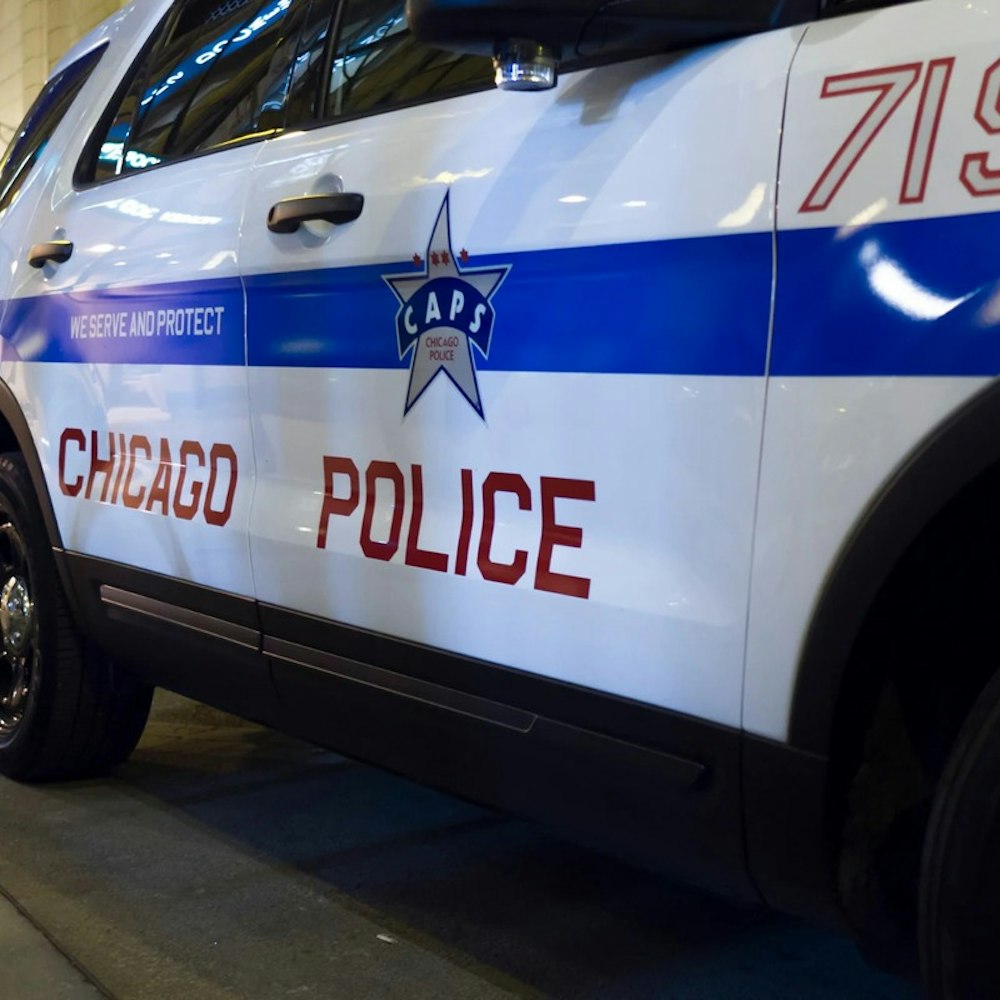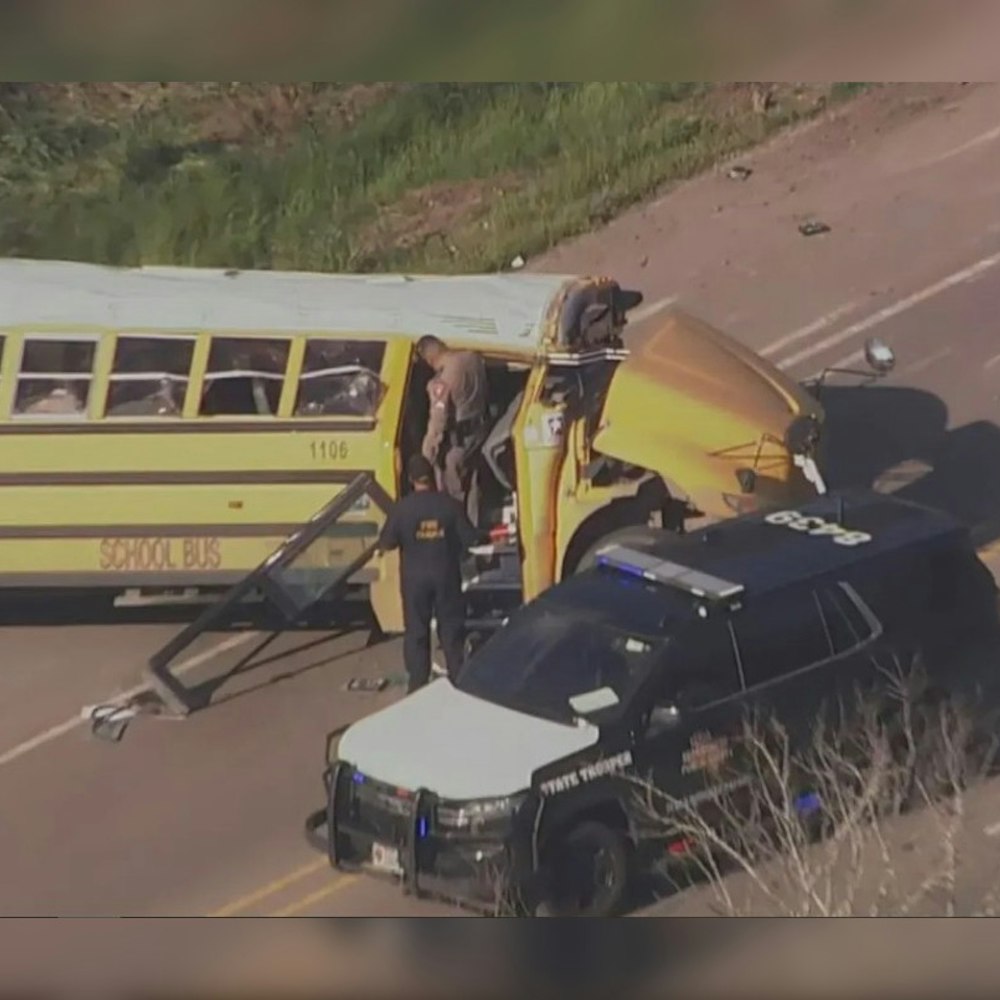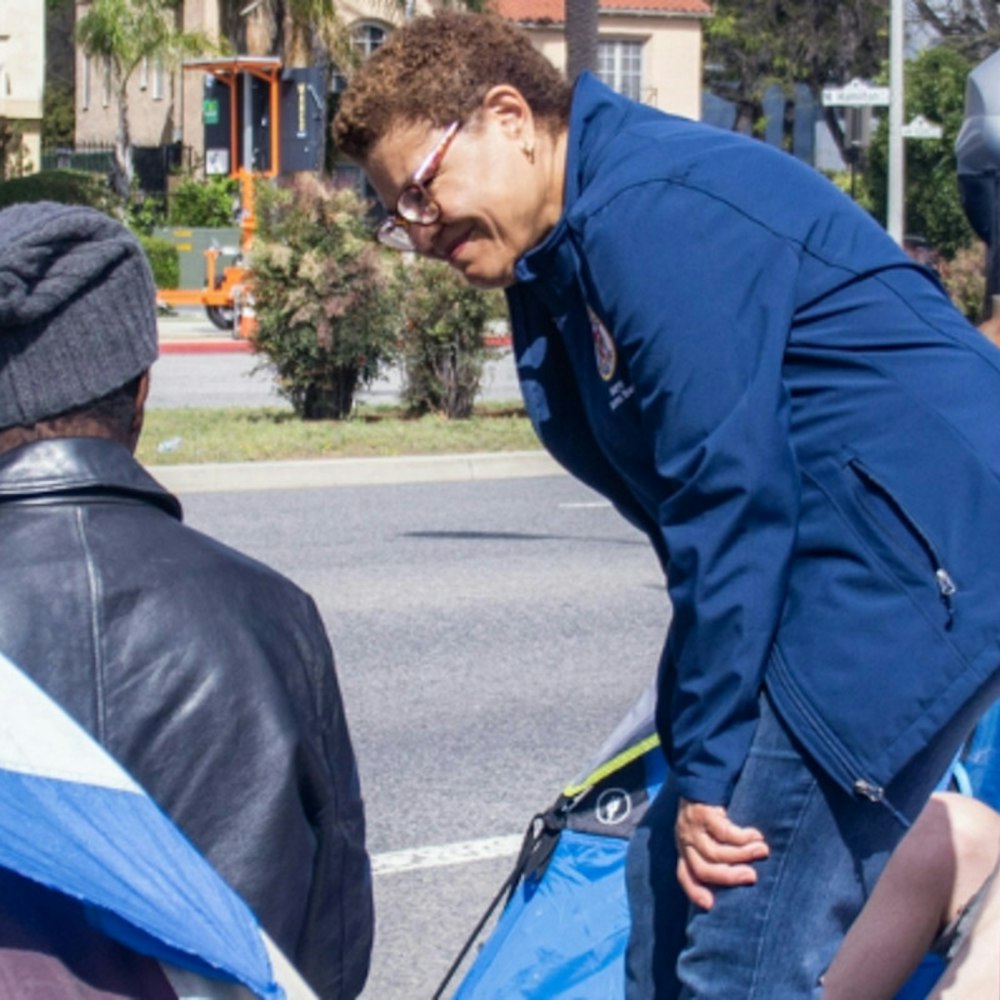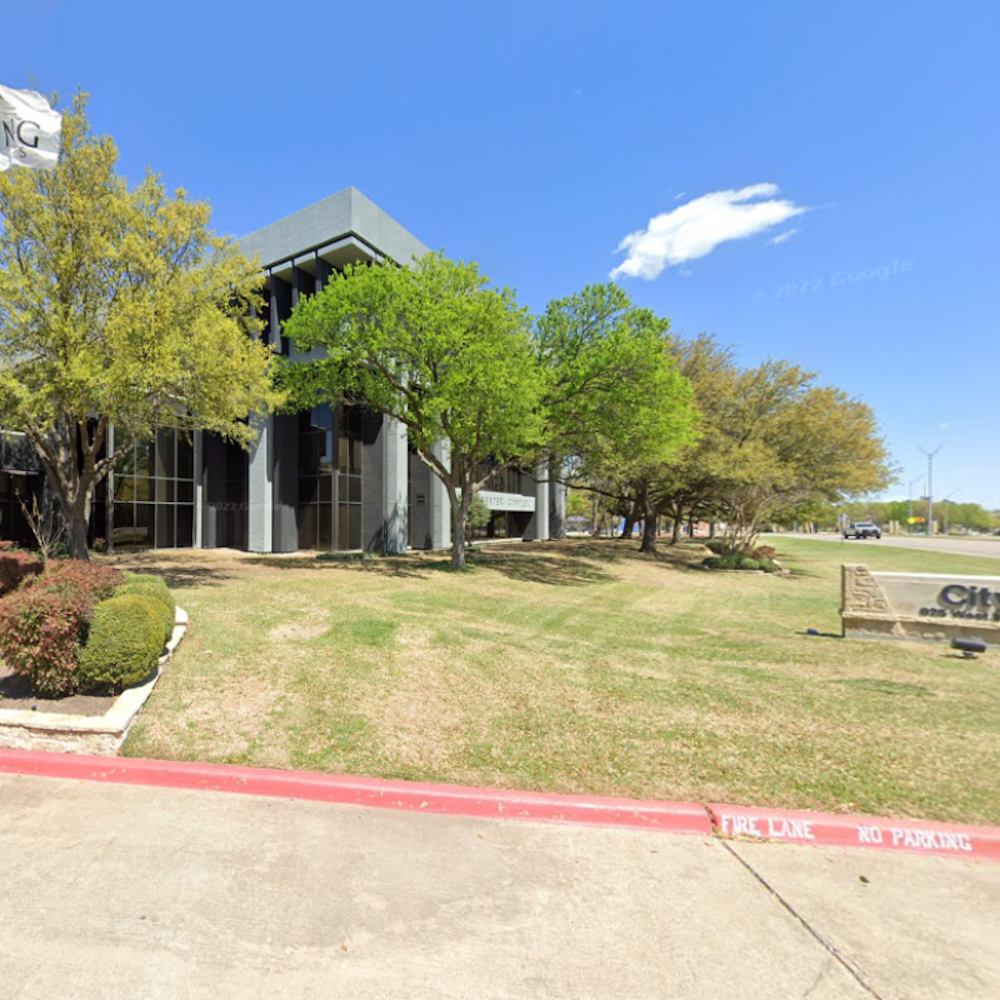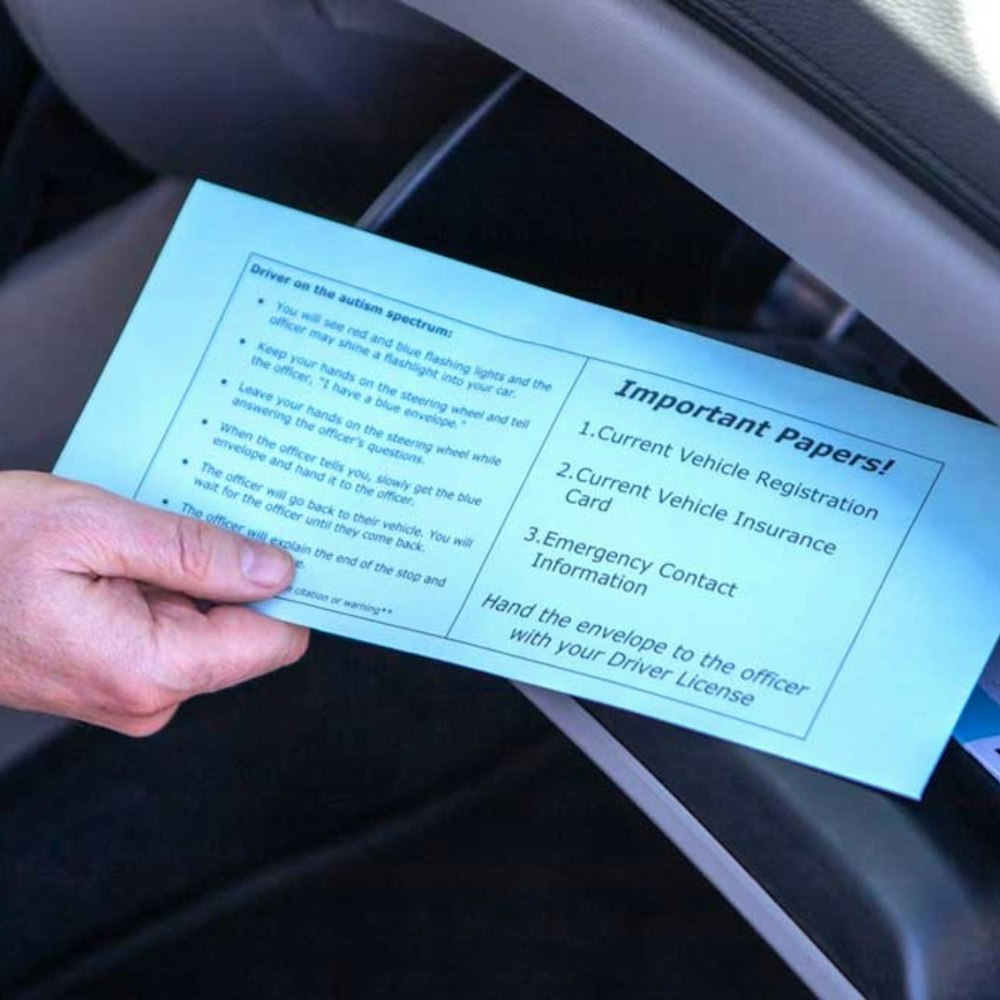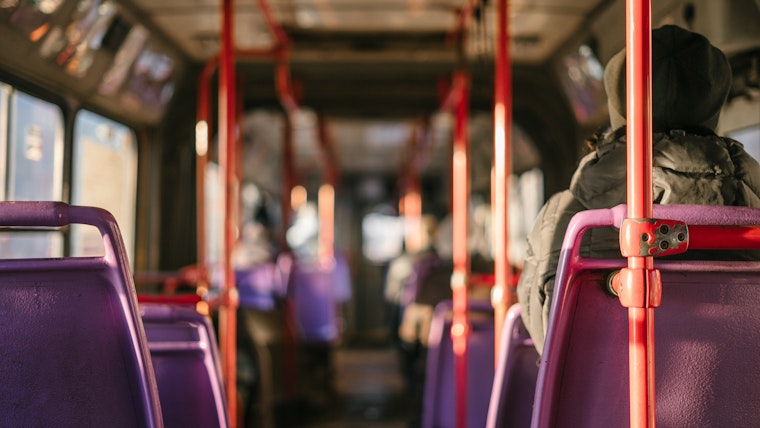
The Santa Clara Valley Transportation Authority is facing $16,200 in Cal-OSHA fines for COVID-19 safety violations, five months after a bus driver died of the illness.
The state’s workplace safety watchdog cited the VTA for failing “to effectively implement and maintain its Injury and Illness Prevention Program,” according to the citation notices.
The California Department of Industrial Relations Division of Occupational Safety and Health — Cal-OSHA for short — issued two fines of $8,100 each for two separate program violations, one related to masking and the other to employee training.
The transit authority “did not require or ensure the use of face coverings at all times by employees at the facility and while operating the buses,” the first citation letter stated.
The second letter cited the agency for not providing “effective training and instruction to employees, relating to employer COVID19 program and procedures, including … training on how the virus is spread and measures to avoid infection, the signs and symptoms of infection, and the employer's procedure to control transmission in the workplace.”
The transit authority is appealing the citations, according to KTVU.
“VTA is confident in the comprehensive actions it has taken to date to keep its employees and customers safe and informed during this very challenging time,” agency spokesperson Brandi Childress told KTVU, saying that she couldn't comment on specifics during the appeal.
“Losing members of our work family to this pandemic has been extremely difficult,” Childress continued. “We remain committed to maintaining our vigilance and doing all we can to slow the spread of this virus.”
Cal-OSHA issued the fines on March 2, after a nearly six-month inspection it dated from September, although the citation letters stated that inspectors had noted the transit agency’s violations as early as August 25, 2020.
Also in August, Audrey Lopez – a 53-year-old San Jose resident and a VTA bus driver for 13 years, according to a statement from her union – contracted COVID. On Oct. 11, she died.
Union members told KTVU that Lopez was in a coma for nearly two months before passing away.
VTA spokesperson Ken Blackstone told the Mercury News that Lopez informed the transit authority on Aug. 23 that she had tested positive for COVID. Blackstone said she’d last gone to work on Aug. 14 and never worked while she was experiencing symptoms.
The Mercury News reports that VTA followed up with some employees who’d had contact with Lopez, but neither told them to quarantine nor notified passengers. CDC guidelines identified patients as infectious up to two days before the start of symptoms, and Lopez wasn’t at work in that window, Blackstone told the paper.
Blackstone said that contact tracing and employee interviews indicated that most sick VTA workers got COVID outside of work, KTVU reports.
John Courtney, president of the ATU Local 265 union, challenged that claim, telling the outlet: “Some folks say they got it at home because they don't want to go through all of the VTA process, the questioning, the accusations.”
At least 164 VTA workers had tested positive for COVID by early this year, Courtney said in a union update. Courtney blamed changing VTA policies allowing passengers to board via the front door of buses for the high level of infections — a change that also took place in August.
In the beginning of the pandemic, “as the deadly virus raged, and COVID-19 positive number were surging throughout the county and at other transit agencies, positive cases at VTA remained low,” Courtney wrote. “Why? Because VTA was the first agency in the Bay Area to institute fare-free rear-door boarding. Rear-door boarding means that our operators avoid close contact with passengers, many of whom linger to pay their fare, and some of whom are not wearing masks.”
During that period, workers reported just 14 positive cases, Courtney said. But on August 1, the transit authority returned to front-door boarding, and workers reported 164 positive cases before VTA reversed course and reinstated back-door boarding, he said.
